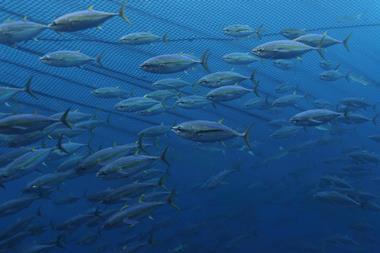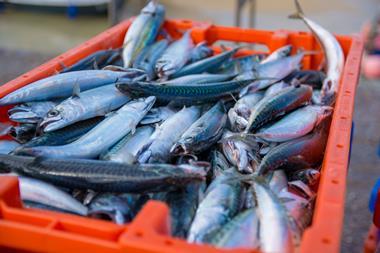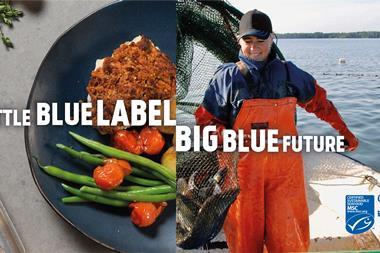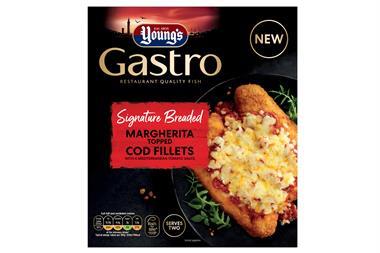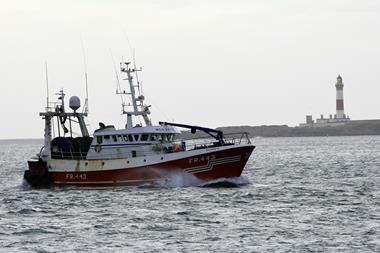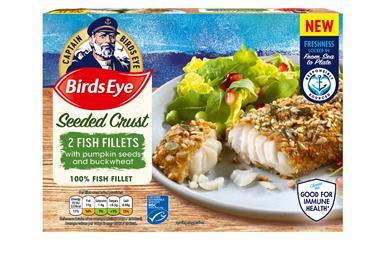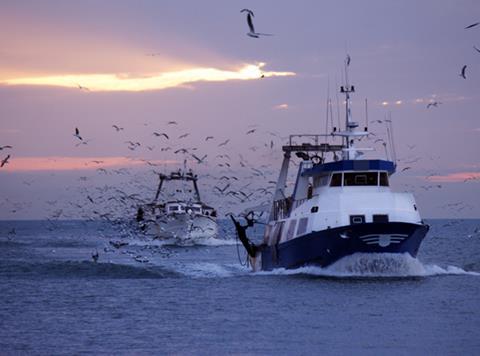
The UK has netted a North Sea deal with the EU and Norway that could provide “fishing opportunities” worth an estimated £190m next year, according to the government.
The agreement on sustainable catch limits in the sea covered cod, haddock, plaice, whiting, herring and saithe, and aimed to “ensure the long-term viability of these stocks”, according to Defra.
Defra said the three parties “agreed moderate increases in catches compared to 2021 to promote the health of all stocks in the fishery”.
More haddock, herring and whiting can be caught next year compared with 2021, according to the deal’s terms, though trawlers will have to plan for reduce loads of plaice and saithe. The permitted cod catch was to stay the same, the three parties agreed.
Victoria Prentis, the junior minister responsible for fisheries, said the government was “confident” the deal struck a balance “that will benefit both our fishing industry and ensure our marine environment is healthy and viable long into the future”.
The deal came as part of a series of separate and still-to-conclude North Sea talks, some multilateral and some bilateral, involving the EU, Faroe Islands, Norway and UK. Other discussions regarding fishing in the North Atlantic were scheduled for next year.
British industry organisations had in the past slammed the government for “capitulation” to the EU over the fisheries terms it signed off on as part of the Transition and Cooperation Agreement.
The deal was struck ahead of the UK and EU separately coming to terms over the weekend on access to waters around Jersey and Guernsey, a stand-off that had led to threats of a Christmas blockade of British goods by French fishing boats.
According to Virginijus Sinkevičius, the EU environment commissioner, the Channel Islands deal gave access to the waters in question to 23 boats from EU member states, with seven more vessels under review.
The threatened French blockade was to come after a year of supply chain chaos caused in part by soaring shipping costs and shortages of labour in ports and of container space on ships. Set for 23 December, the blockade was to come ahead of the 1 January start of UK import controls on goods from the EU.







